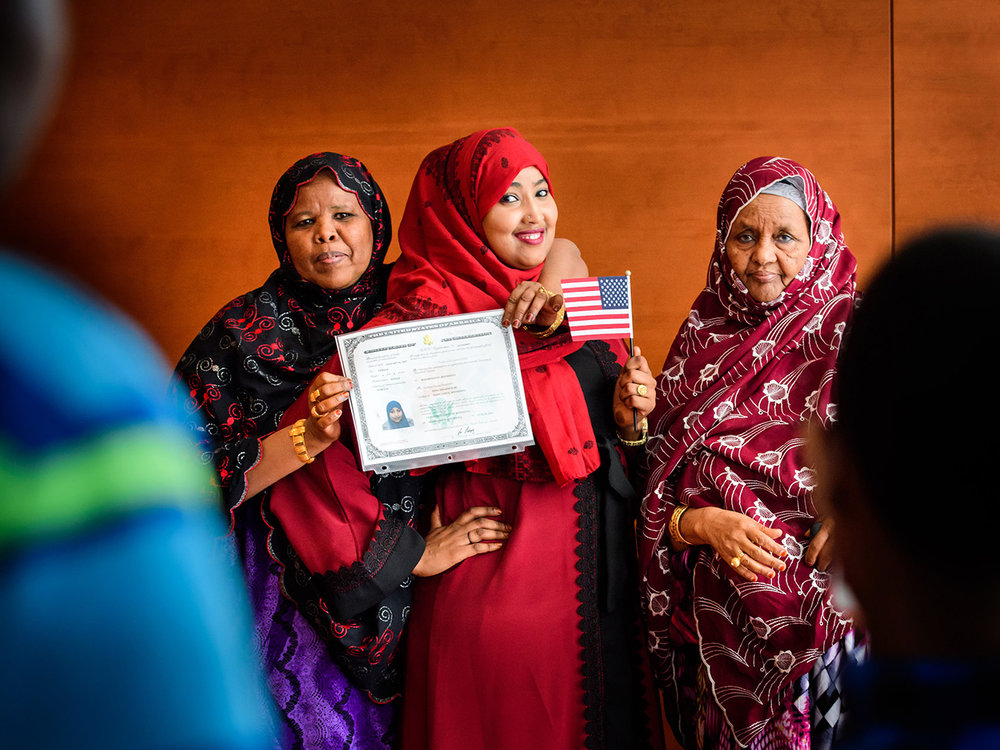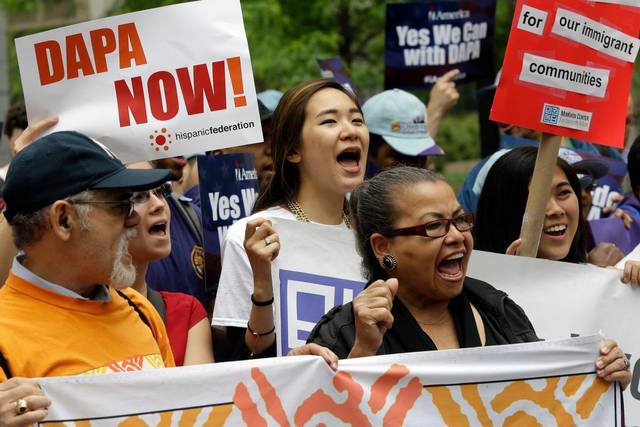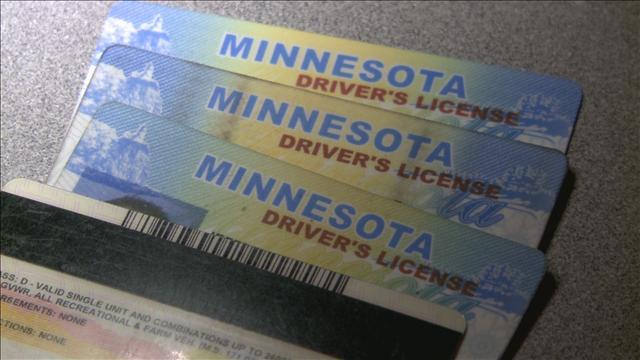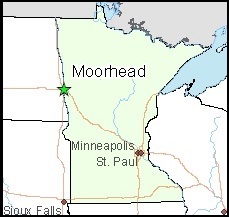Safety Notice!
If your computer is being monitored and you are concerned for your safety, CLICK ANYWHERE IN THIS WINDOW AND EXIT THIS SITE NOW!
Clear your browser history and use a different computer that untrusted people cannot access.
You can also call the Immigrant Law Center of Minnesota at 1-800-223-1368 to speak to a representative directly.
If you are already at a safe computer, please wait 10 seconds, and you will be automatically be directed to the ILCM website.
Aviso de seguridad!
Si su ordenador está siendo monitoreado y usted está preocupado por su seguridad, haga clic en cualquier ESTA VENTANA Y SALIR DE ESTE SITIO YA !
Borrar el historial del navegador y utilice un equipo diferente que las personas no son de confianza no pueden tener acceso.
También puede llamar al Centro de Ley de Inmigrantes de Minnesota al 1-800-223-1368 para hablar directamente con un representante.
Si usted ya está en un equipo seguro, por favor, espere 10 segundos y automáticamente se le dirigirá a la página web ILCM.
Kev Ruaj Ntseg Ntawv Ceeb Toom!
Yog hais tias koj lub computer yog saib xyuas thiab koj muaj kev txhawj xeeb rau koj muaj kev ruaj ntseg, NYEM nyob qhov twg RAU NO THIAB qhov rais Exit NO SITE TAM SIM NO !
Clear koj tus browser keeb kwm thiab siv ib tug txawv computer tias untrusted neeg tsis muaj peev xwm nkag tau.
Koj tseem yuav hu rau neeg txawv teb chaws Law Center of Minnesota nyob rau ntawm 1-800-223-1368 mus hais lus rau ib tug neeg sawv cev ncaj qha.
Yog hais tias koj twb yeej nyob rau hauv ib tug muaj kev ruaj ntseg lub computer, thov tos 10 vib nas this, thiab koj yuav tsis raug raws kev coj kom lub ILCM web site.
Ogeysiiska Safety!
Haddii aad computer la kormeera iyo aad uga walaacsan dib caafimaadkiinna aawadiis, meel kasta oo daaqadan CLICK Farjac goobtan NOW !
Cad taariikhda Ilkaha lagaa Siibane! Iyo sida loo isticmaalo computer ka duwan ma in dadka ku riixday ma ka heli karaan.
Waxaad kaloo wici kartaa Law Center Immigrant ee Minnesota at 1-800-223-1368 si aad ula hadashid wakiilka ah si toos ah.
Haddii aad horay uga at computer ammaan ah, fadlan sug 10 seconds, iyo in laguu si toos ah lagu hagaajin doonaa in web ILCM goobta.










(1).JPG)

.JPG)

